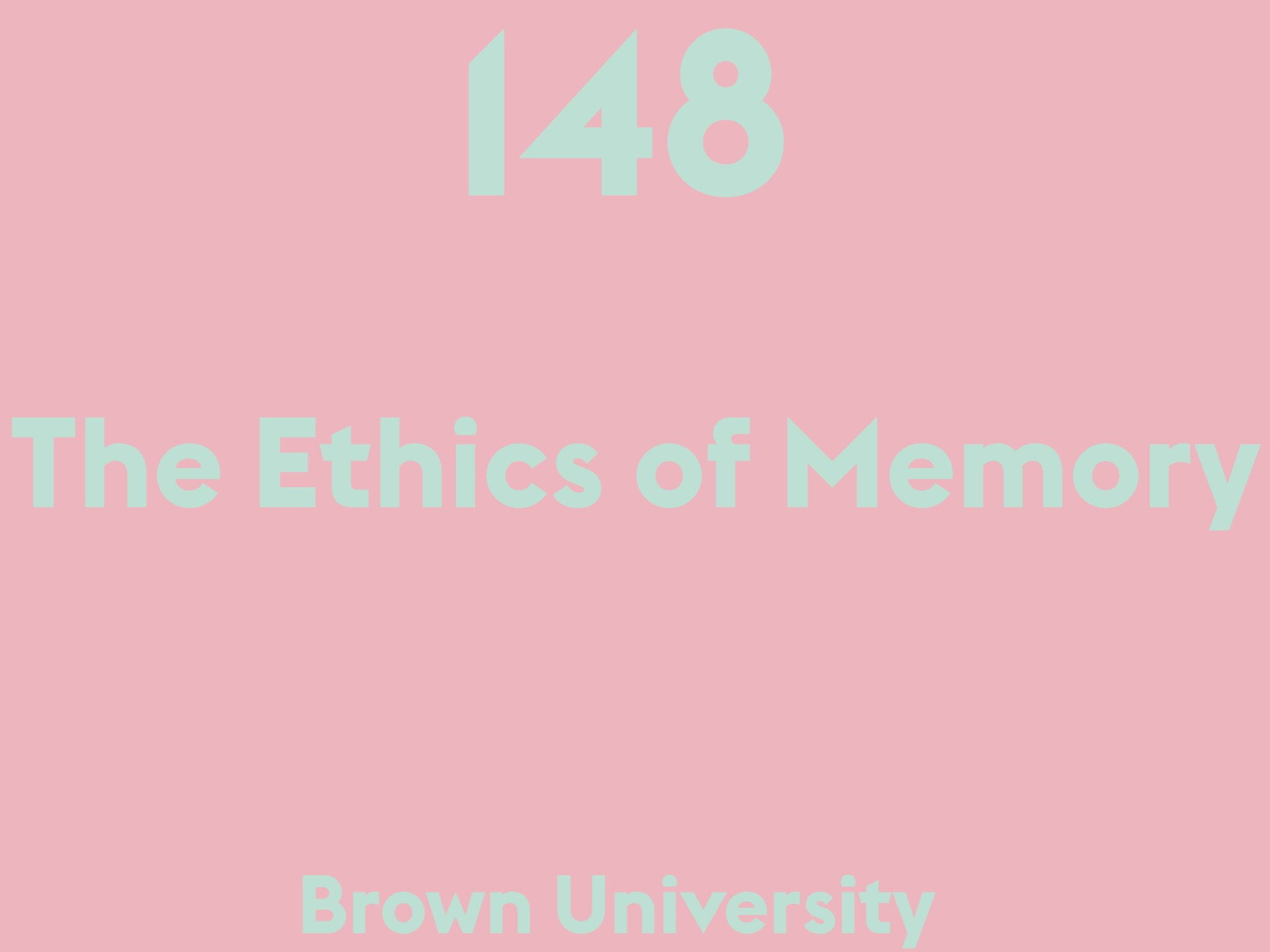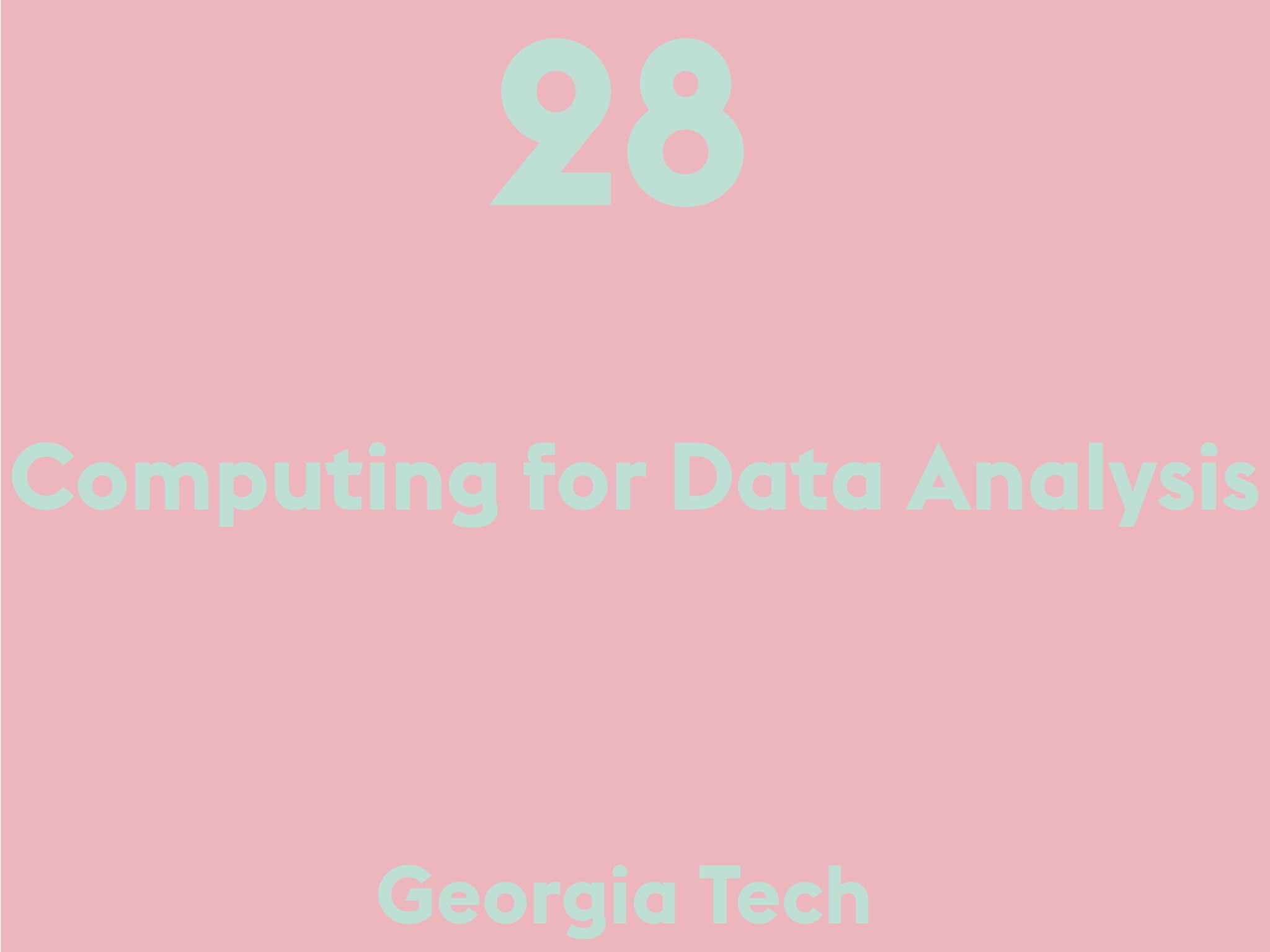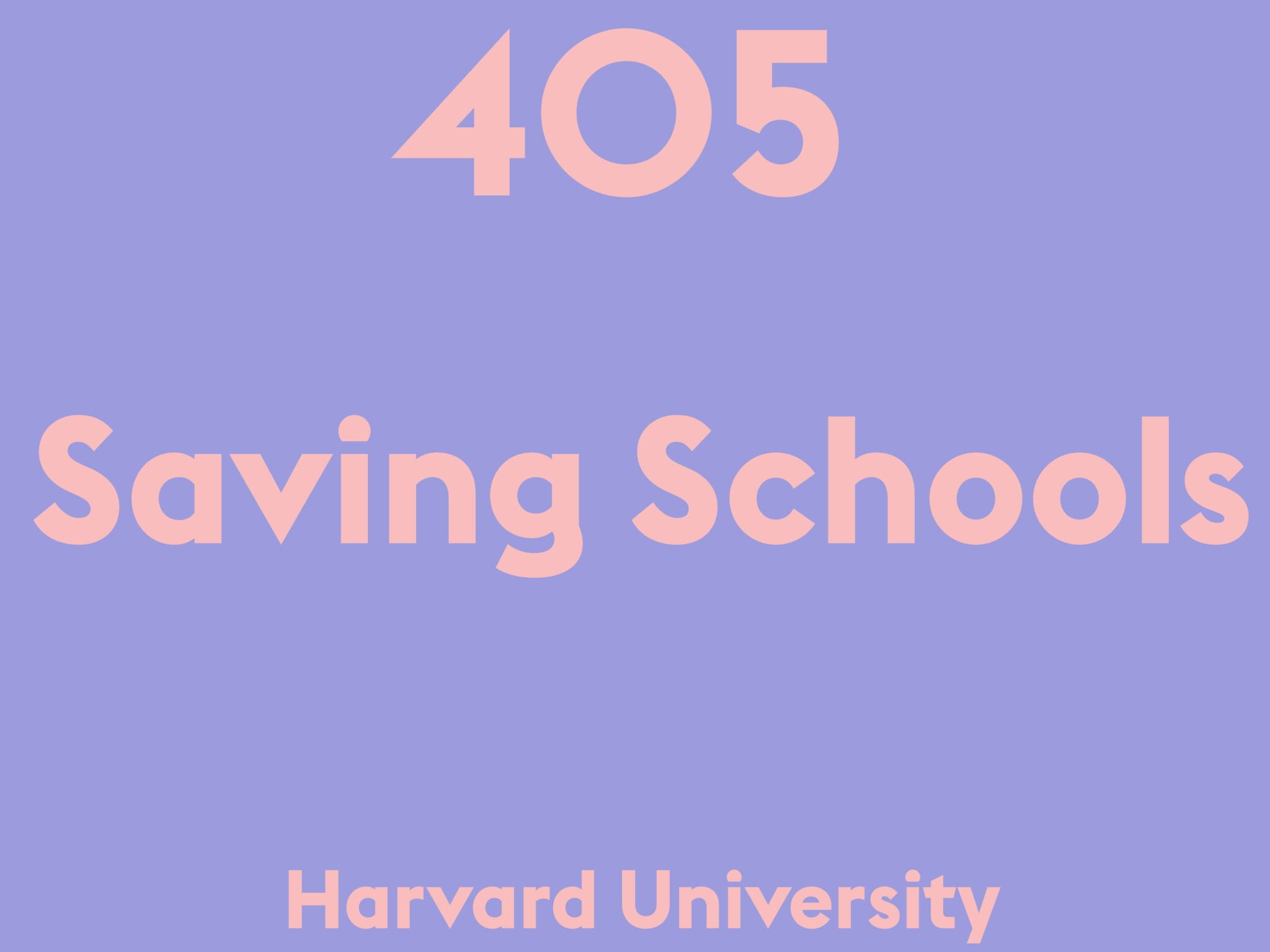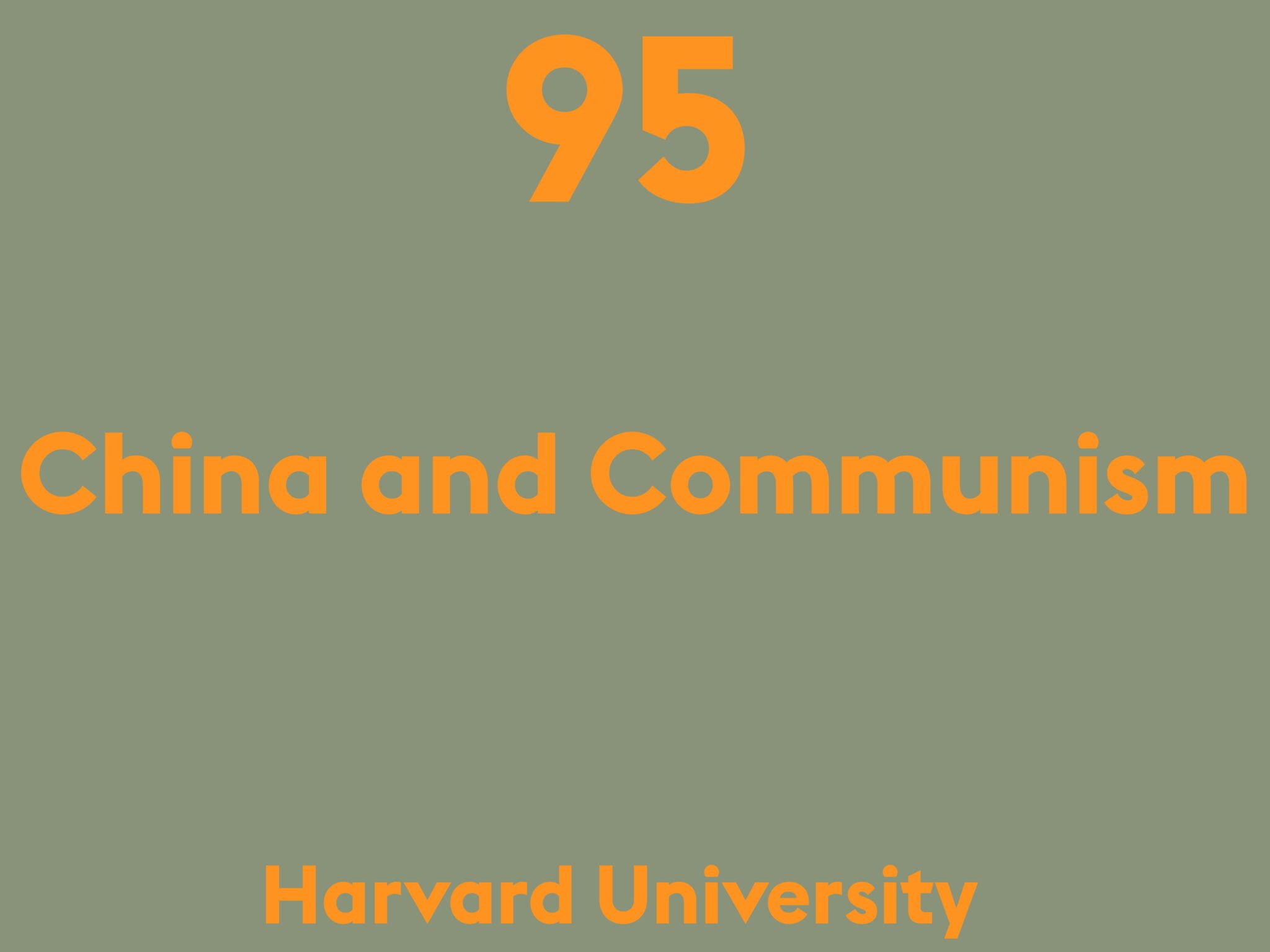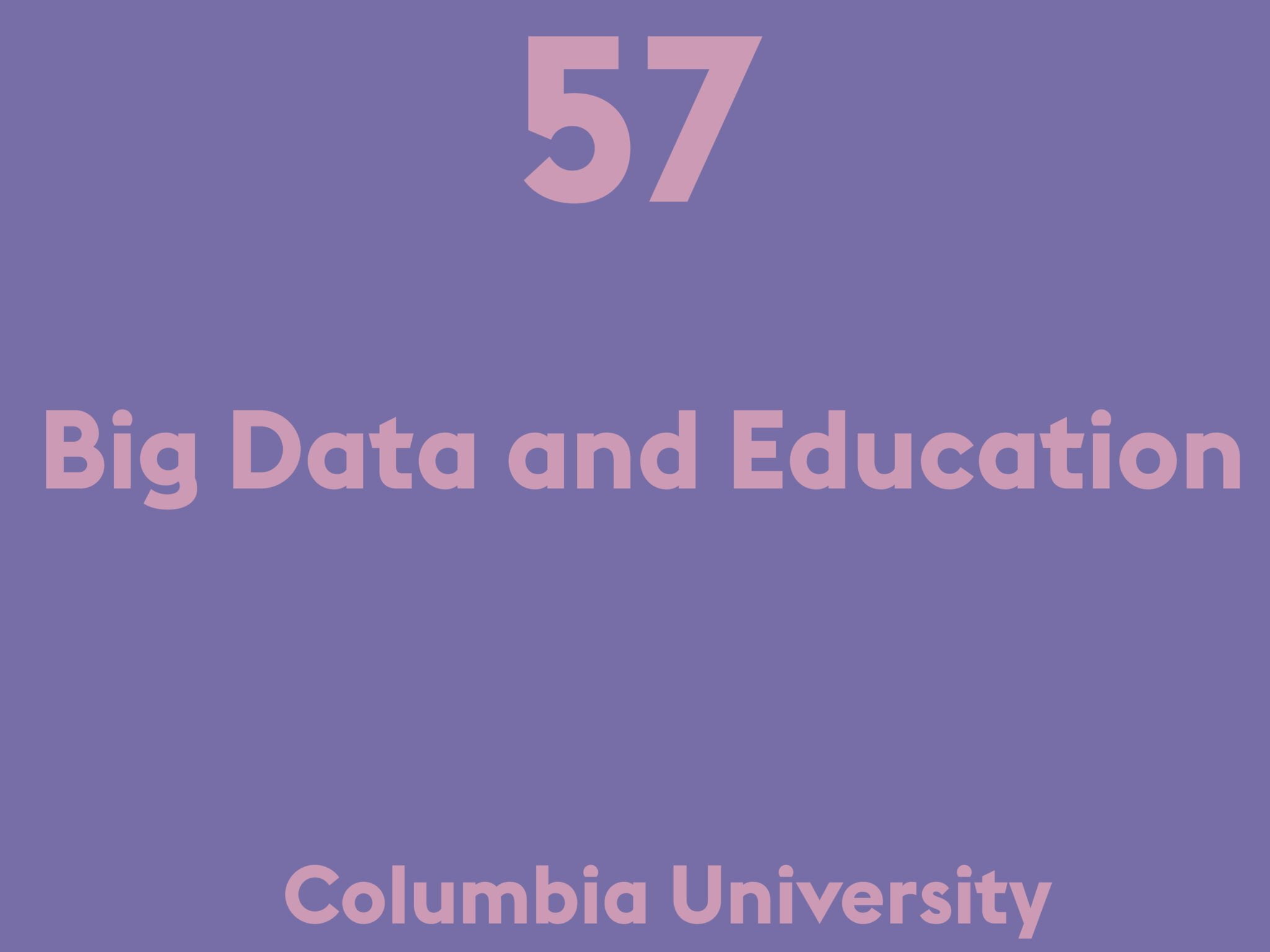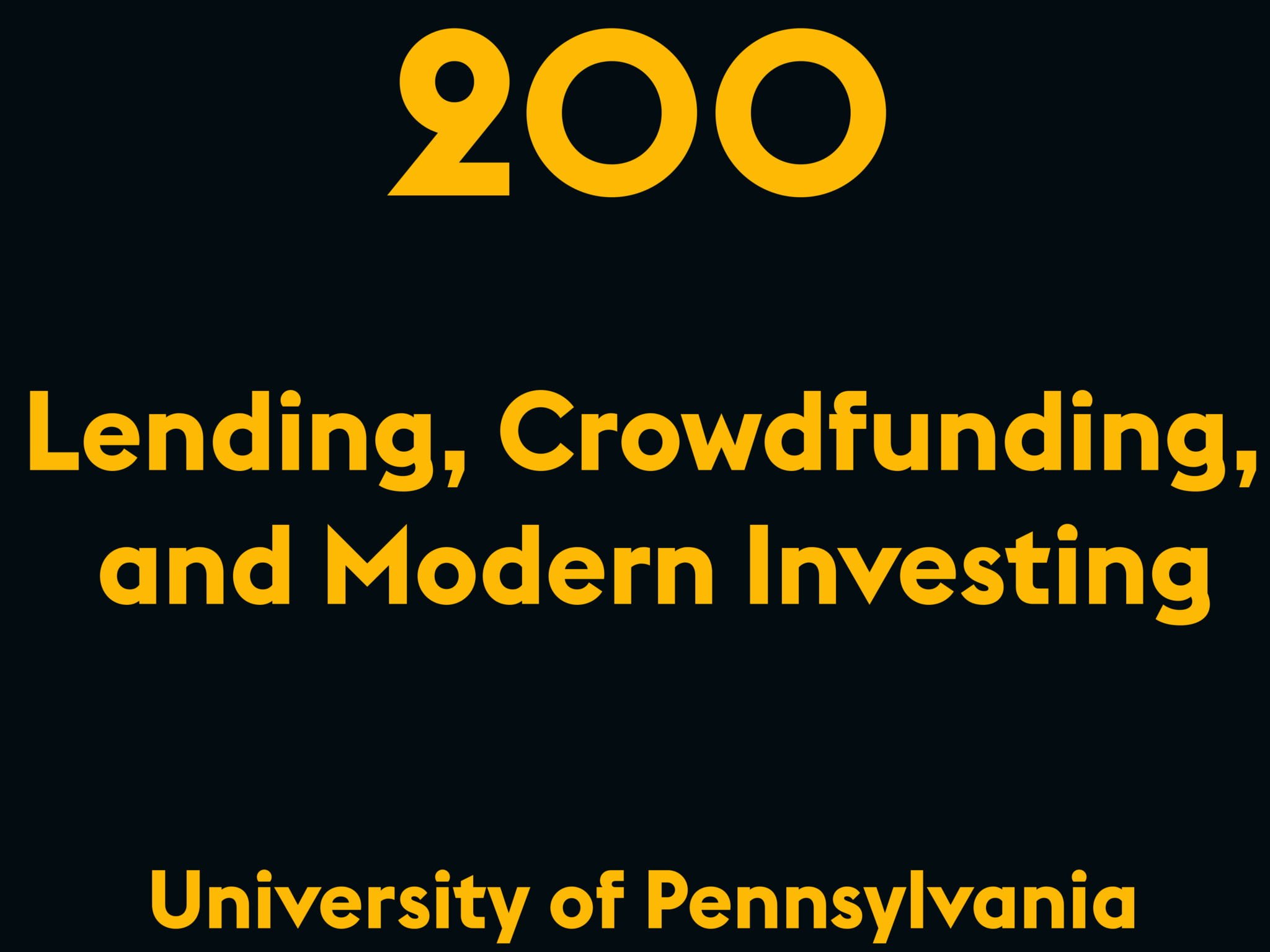What is memory? What’s the utility in exploring it and risking the activation of painful memories? What remembrance do we owe people we have lost and how is that reflected in the monuments we create to memorialize them? Why do different groups of people interpret the same event differently—even when the facts are not disputed?
In The Ethics of Memory, we will discuss these questions and more by exploring personal memory, collective memory and memorial culture, and conflicts of memory.
We begin early in the 20th century—the century of critical engagement with memory—when personal memory was plumbed as the basis of psychoanalysis and as a theme in the poetry and prose of World War I. Then we look at the ways in which a people, collectively, choose to memorialize those lost to war, injustice, or tragedy. Finally, we explore memory as a site of struggle, where the way we see ourselves currently implicated by a memory may depend on our group identity, such as in the case for reparations for slavery in the United States.
Throughout, we will share our own perspectives on personal and collective memory and wrestle with questions of ethical responsibility for remembrance and ownership of the narrative of a memory.
In this course, we will:
Discover in the writing of Freud how the exploration of memory gave birth to psychoanalysis, and in Proust how such exploration was elevated to an art form;
Examine poetry from WWI and the Harlem Renaissance that demonstrates the relevance of literature as a framework for understanding the ethics of memory;
Reflect on examples of the many ways we collectively memorialize our losses; and
Share examples of personal and public monuments to memory in order to reflect on the ethical responsibility that memorializing confers on us now.

